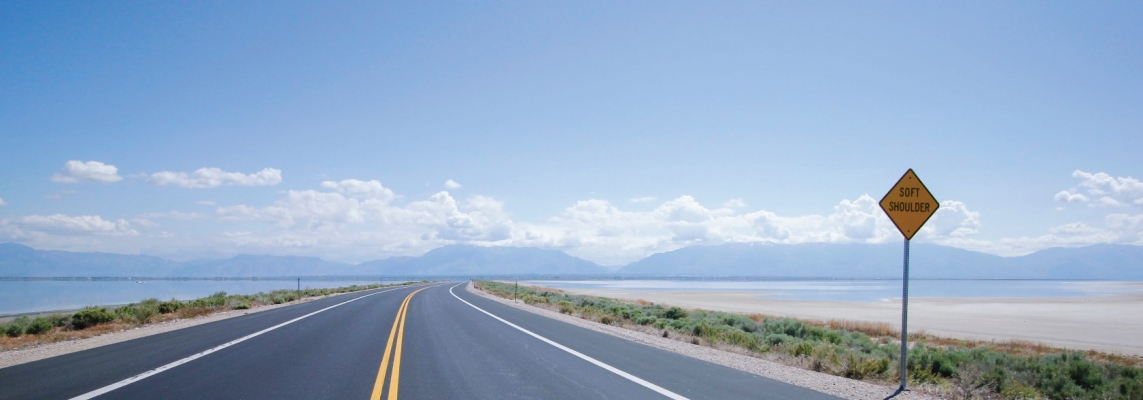A Life Change – Giving Up the Car
I first learned to drive when I was a young mother. After our marriage we moved to a small country town in Hampshire. The computer company where my husband worked was, like so much of the developing hi-tech industry, moved out of the cities into more spacious premises in the Home Counties.
At the birth of our first child we were presented with a beautiful pram, fashionable in the 60s, with high wheels and springs. A similar pram has been preserved by the Royal Family of Britain, and Prince William and Kate could be seen wheeling it at the christening of their own children.
By the time we got to the fourth child, I could be seen walking the country lanes with two infants in the pram and two toddlers alongside, secured by reins which were tied to my wrists. There was no public transport so by that time I was taking driving lessons, a lengthy process in my busy life at that time.
On the fourth attempt I passed the test and my life changed. We still walked the country lanes and explored the local forests, but for the serious business of shopping, errands and visiting family and friends, I could bundle all the children into the car, complete with snacks, drinks, nappies and toys. I loved the freedom of driving and although the kids did make a noise and distract me, I enjoyed taking them further afield.
As they grew up, I was able to travel abroad to visit old haunts and attend conferences, sometimes with my husband who shared the driving, but sometimes on my own. I thought nothing of picking up a rented car in the middle of Marble Arch, merging with the traffic and driving north to Manchester or south to Somerset. Before the days of GPS, I used maps and followed signposts, loved the freedom of the open road.
When the grandchildren arrived, I had my tasks. Picking them up from kindergartens and schools, holiday outings to museums and water parks and play centers, I was never afraid of driving to Jerusalem or the Dead Sea or up to the Galilee. In Haifa too, I could do multiple errands in one morning, visit friends in inaccessible neighborhoods, knowing that I had the car outside my door.
When my late husband was disabled and stopped driving, I was his source of transport, to medical appointments, for a good walk on the beach, visiting friends and family. This enabled him to live a more normal life. After he passed away, I handled my grief by being very busy, voluntary work and social activities, all enabled by being mobile.
But sadly, that has changed. It started with the discomfort of night driving and the glare from approaching headlights. Then the long-distance driving began to be an effort. It was nothing to do with my reflexes or concentration. My eyesight, even with the best spectacles, is not perfect, and I noticed over the past year that I was having a problem with space perception. As I drove, the line of parked cars on the right appeared to curve in front of me, so that I was either too close and occasionally clipped somebody's mirror (stopping and confessing of course) or kept too far over to the left, which was risky if a large vehicle in the opposite lane was approaching.
My children had travelled with me in the car and were aware of the problem. For some months they had been trying to persuade me to give up driving. How could I, after all those years of freedom and independence?
At the end of June 2020, the car was due for its annual test and payments of road tax, repairs and insurance. With this decision pending, would it be worth paying out all those thousands of shekels if I was losing confidence in my safe driving? I have an excellent bus service outside my home, which unfortunately I am using less because of the risk of exposure to Covid-19, but hopefully that will change in due course. Without all the annual expenses of the car I can afford to use taxis where necessary. And everyone has been very kind about giving me lifts.
But I cannot pretend that this decision was not traumatic. I am very active and independent, and having to think and plan for every journey out of the house does not come naturally to me. However, how irresponsible it would be if I was not driving safely. I would never forgive myself if I caused an accident that damaged a human being rather than a clipped mirror.
Throughout our lives we have to make changes to suit our circumstances. And this was one of them.








Comments